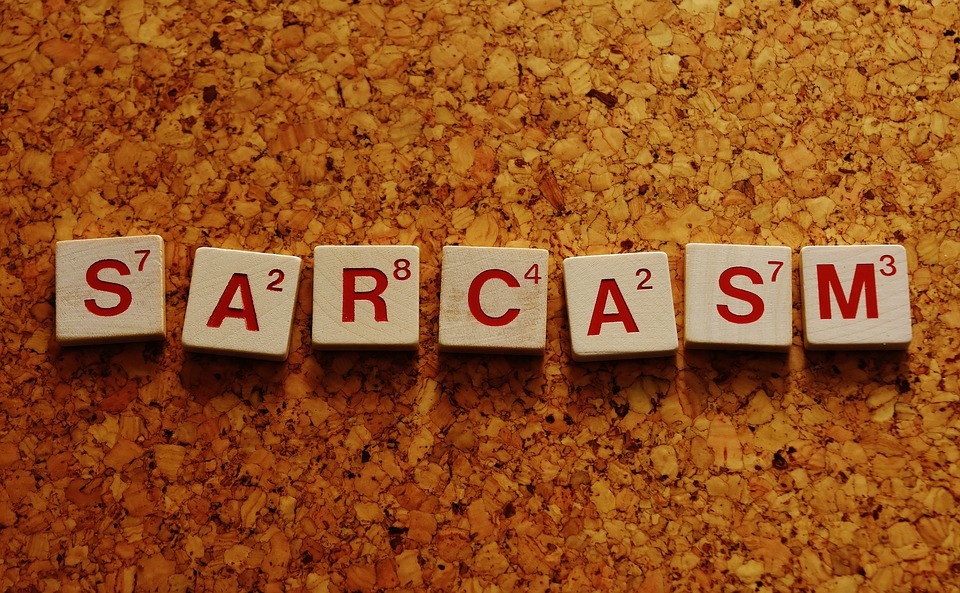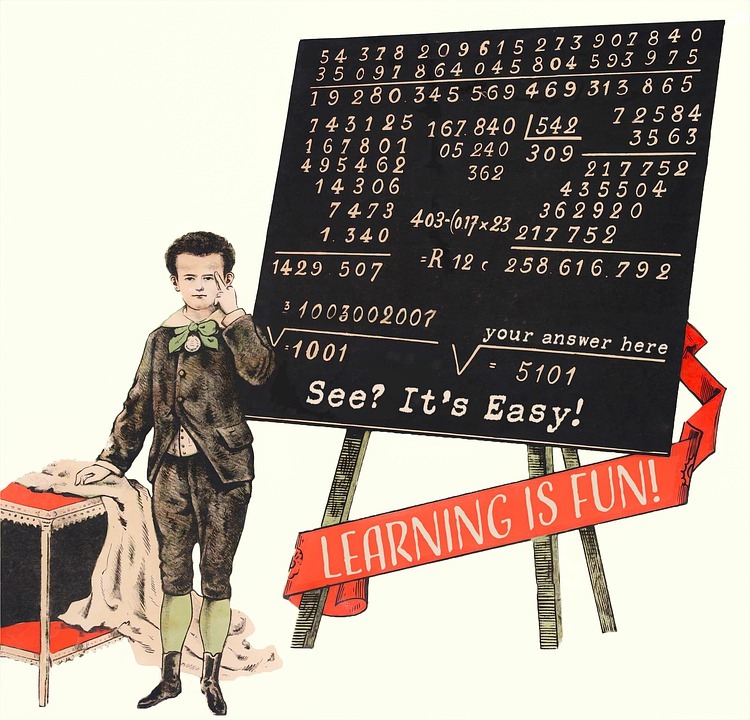Wit and humor have walked hand in hand for the longest time. They are two very separate qualities, and yet it is extremely easy for someone to mistake them for one. However, there are various differences between both.
What Is Wit?
According to The Cambridge Dictionary, wit is the ability to use words cleverly and humorously. To put it very simply, wit is the ability to make smart remarks. Sometimes it can be funny, but humor isn’t a necessity. Wit can be critical as well.
People with wit can very often be snarky. You see, they have a reply for everything. They are simply waiting for the right moment to use it. When that moment comes, they will make a remark that you will find intelligent, but not always in your favor. As such, people with wit don’t always make good companions.
Wit is very closely linked with sarcasm. The idea is to make a remark that perfectly fits the situation, to make you speechless. Wit can be humorous for one person and not for the other. This is because wit is generally the fun being enjoyed at the cost of one person’s image. For example, as someone passes on a snarky comment or a sarcastic remark about a particular person, that person gets embarrassed while other people enjoy and have a laugh about it as well.
What Is Humor?
As stated by The Cambridge Dictionary, humor is the ability to find things funny, or the quality of being funny. Unlike wit, humor is always a pleasant companion. It makes you laugh. Through jokes, foolish remarks, and sometimes acts, humor aims towards fun, and laughter.
However, humor isn’t just a joke. The ability to find a reason to laugh in situations is humor too. Let us take an example. A man that frequently jokes around, is humorous. However, the man that never says anything funny, but can laugh in every situation is also humorous. Humor is meant to entertain. Not only people but also yourself.
A perfect example of humor is the comedy movies in Hollywood. None of these movies have direct jokes in them, rather it is the way characters in the movie talk or their actions that bring up the element of humor in the movie. Therefore, humor should not only be linked with jokes as it has a pretty vast definition. The main thing to keep in mind is that humor is not usually at the cost of someone else’s expense while wit is.
How Do You Differentiate Between the Two?
It’s easy. Anything that makes you laugh, is humor. To identify wit is a little harder, but here’s how you do it. If the reply is perfectly fit for the situation and timing, it is witty. It need not be funny or make you laugh. Indeed, wit can sometimes hurt. Sometimes it can be harsh, however, it must always be intellectual.
Humor can be stupid, a lot of jokes don’t make sense, a lot of times people laugh at things that don’t make sense. Even puns are humorous although they don’t really make any sense, they are just a funny way of using words. However, wit will always speak of brainpower. It can be a sentence of their own, or they could even say your own words and actions against you. You see, witty people remember things, and they remind you of them when the time is right. Basically, if you see someone getting humorous but also being a bit skeptical, they would be more likely in a “witty situation”.
If you don’t like what someone said, but can’t find yourself denying the truth of their words or the spontaneity of their answer, they are witty. Another clear difference between humor and wit is that it will always require words. Humor, not at all times. You can be humorous, with a laugh, a raise of an eyebrow, or gesture of your hands. However, wit will always be displayed in words. On a few rare occasions, wit will be represented by a smirk on the face with a taunting sound as well.
Wit is usually uncomfortable, like a stick at your back. Witty people are like explosives because you never know what they might say. Their main goal is to obtain a point. Whether it’s in your favor or against you, depends on the situation. It is a common hobby of many seniors to imply wit on their juniors.
Humor is used to diffuse a situation, is usually not personal, and can be enjoyed even at your own expense. However, wit is notorious for starting arguments. One wrong word, no matter how sensible it might be, can seriously hurt both people’s hearts, and pride. Witty people don’t usually care about the harshness of their words, or how they might come across to other people. To them, it is a matter of coming out on top.
More often, Wit is meant to drag people down. Since a witty person has perfectly matched his response, with the conversation and the timing, you are unable to say anything else. The final goal is to leave you speechless or in an embarrassing position. Wit is also sometimes used to show authority and present yourself as a “Cool” person while humor does not include any such intentions.
Can a Sentence Be Both Witty and Humorous?
Of course. Jokes are humorous. Jokes told at the right time are witty. There must have been a friend that brought up an embarrassing detail of your past at the right time. This displays wit because he had the cunning to use that minor detail, right where it fits. Whether he means to be humorous, or not, depends on what the incident is.
If you’re laughing, it is funny. However, if it is something serious, or something that you don’t like mentioned, it’s an example of mean wit. Your friend’s intent is malicious. Wit is the ability to use the right words, at the right time. Humor depends on what the words are.
Suggested Reading – How to Plan a Great Office Welcome Party?
Examples of Wit and Humor
Wit:
The first sign of madness is: hairs on the palms of your hands.
The second sign is: looking for them.
See what the writer did here. He gave you a prompt, and then rebuked you when you acted on it. For a minute, you just sit there and think over the reply. However, you can’t deny the truth in his words. You know hair doesn’t grow on palms, and yet on his words, you checked. You can’t deny what you did was madness.
A witty person can make you doubt the fundamental truths you have known all your life. Nonetheless, you can’t blame them. They have a certain way with words, and they use that control to make you go all silent in no time. Likewise, another aspect over here is that this is being specifically sarcastic and taunting to a person. A few might take this as a light joke but someone can get offended as the writer took the audacity to call a person mad as it is.
Humor:
What’s red and bad for your teeth?
A brick.
Here, there is no complex use of words. Nor does the context and situation in which they are used matter. Jokes are usually silly, and just for laughs. Even if humor is used in a particular situation, or as a reply to something, it is warm. It isn’t used to criticize or hint at something. It may cause you embarrassment, but it should not cause you humiliation. You might even realize that this is just a lame joke and does not leave people laughing wildly. However, some people are humorous and join the comedy programs as well. They have a talent of presenting anything humorously be it a lame joke or a really funny one. Nonetheless, humor is still lighter than wit.
Suggested Reading – Discover a New Way of Living at the Off-Grid Living Festival Australia
Conclusion
While it may sound very difficult, you can identify the difference between wit and humor easily. All you have to understand is the nature of the remark, and the effect it has on people. Jokes are humorous, but criticisms can sometimes be witty. Your focus should be, not only on understanding the words spoken but also on the way they are spoken. Humor is told with laughter, while wit can be said with both a straight face and even a frown. While humor is always pleasant, wit is usually mean.








